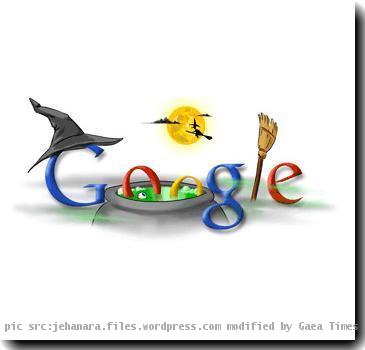Google says private data from wireless networks not used for Street View mapping feature
By Everton Bailey Jr., APMonday, June 7, 2010
Google denies use of private data for mapping
HARTFORD, Conn. — Google representatives on Monday said the search engine company has not broken any laws with the collection of data for its mapping service, after Connecticut’s attorney general pressed the company to “come clean with the American public.”
Authorities fear the information gathered for Google’s Street View service, which provides pictures of neighborhoods, may violate privacy laws.
Last month, Google acknowledged it had mistakenly collected data over public Wi-Fi networks in more than 30 countries.
Police in Germany and Australia already have launched their own investigations into the matter.
“As we have said before, this was a mistake,” said a Google spokeswoman in an e-mail statement to the Associated Press. “Google did nothing illegal and we are working with the relevant authorities to answer their questions and concerns.”
The attorneys general of Connecticut and Missouri have both sent letters to Google executives asking for clarification on the information collected for Street View.
Connecticut Attorney General Richard Blumenthal held a press conference Monday urging the search engine company to reveal whether it had illegally collected data from state personal and business wireless computer networks.
“People have legitimate expectations that private information will be kept private,” he said. “These drive-by data sweeps may violate not only those expectations, but also possibly the law.”
He said the data collection could give Google access to personal e-mails, passwords and web browsing histories, though he had no reports of any problems.
“Google should come clean with the American public by answering questions we have put to them about whether it intercepted information from unsecure wireless data networks while its Street View cars were taking pictures of people’s homes and businesses,” said Blumenthal. “Their credibility depends on truthful and prompt answers to these questions.”
Tags: Australia, Australia And Oceania, Communication Technology, Computer Hardware, Computing And Information Technology, Connecticut, Europe, Germany, Hartford, North America, Software, United States, Western Europe, Wireless Networking, Wireless Technology



